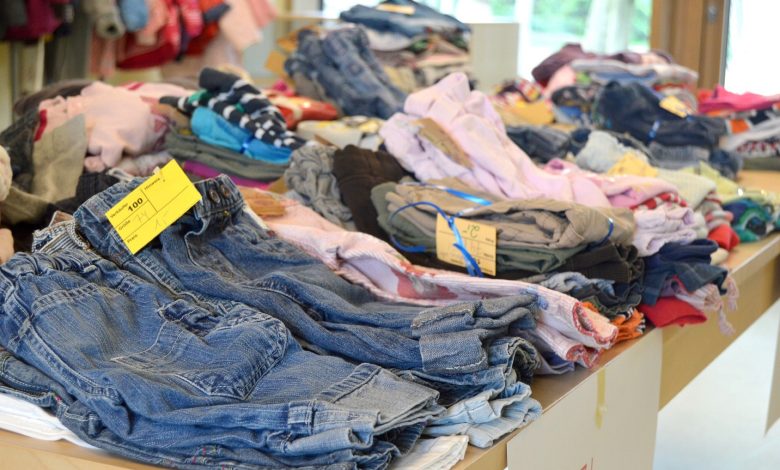Imported Used Clothes Linked to Health, Environmental Disaster-Greenpeace

Top importers of second-hand clothes have been put on high alert over environmental and health disaster, a new report by Greenpeace Africa and Greenpeace Germany says.
In the report, the two Greenpeace institutions say nearly half of these clothes are of poor quality and many are made from synthetic fibres including polyester, nylon, acrylic and have no resale value.Ghana is the second largest worldwide importer of used clothes after Pakistan, with 5.1 per cent of the global market share (2020). The UK is the largest exporter of used clothes to Ghana followed by China.According to International Trade Administration, Kenya also represents a huge market for second hand clothing, importing approximately 100,000 tons a year. The nominal value of secondhand clothing imports into Kenya jumped by 80 per cent from 2016 and 2020, going from 100 million USD to 180 million USD. A report by the Kenya National Bureau of Statistics shows that the sector employs approximately two million people.
Greenpeace researchers have documented the used clothes fate once they are thrown away by stallholders at Accra’s largest second-hand market, Kantamanto. “While the majority of these waste clothes end up in several of the informal dumpsites in the city, we found that significant volumes of textile waste are also collected from Kantamanto Market and burnt as fuel to boil water for a number of public washhouses in the neighbouring informal settlement, Old Fadama,” they said in the report.
Air samples collected by Greenpeace show that the ambient air of the three public baths was contaminated with numerous dangerous chemical substances, many far above European safety standards. These included carcinogenic compounds like benzene and Poly Aromatic Hydrocarbons (PAHs), thus exposing workers and customers in the washhouses as well as people living nearby to toxic chemicals.
“The evidence we have collected shows that the fast fashion industry is not just a fashion issue—it’s a public health crisis. The clothes we tested are literally poisoning the people of Accra.” said Quashie-Idun, Report Author.
“The situation in Ghana reflects a neocolonial mindset where the Global North profits from overproduction and waste, while countries like Ghana pay the price. It’s time for a global treaty that addresses this imbalance and protects communities from the harm caused by fast fashion.” added Quashie-Idun
“We call for a ban on the importation of dead waste. The Ghanaian government must take urgent legislative action to stop the importation of textile waste from the Global North,” said Dena, “The government should only import clothes that can actually be reused as wearable clothing. Fashion brands must be held accountable for the full lifecycle of their products, including waste disposal and recycling, under a global EPR (Extended Producer Responsibility).”
Quashie-Idun, on his part, called for urgent support for local solutions: “The Ghanaian government together with the international community should support the development of a sustainable local textile industry in Ghana, which can alleviate the waste problem while providing economic opportunities.” he said.
Kenya’s Second-hand Clothes Imports Contribute up to Ksh 12 Billion in Annual Taxes – Kenyan Wall Street – African Business and Global Finance
ADVERTISEMENT



